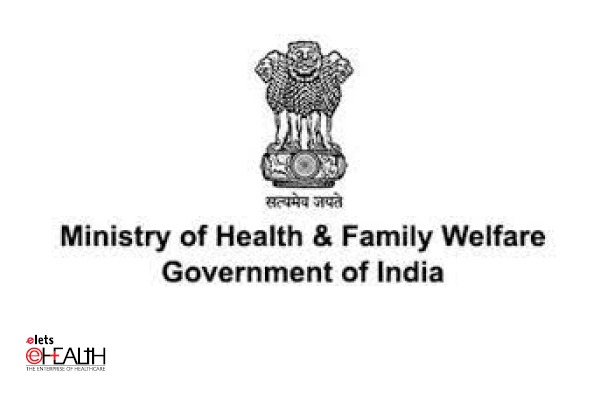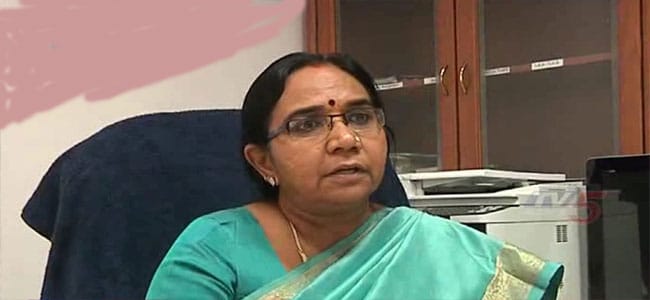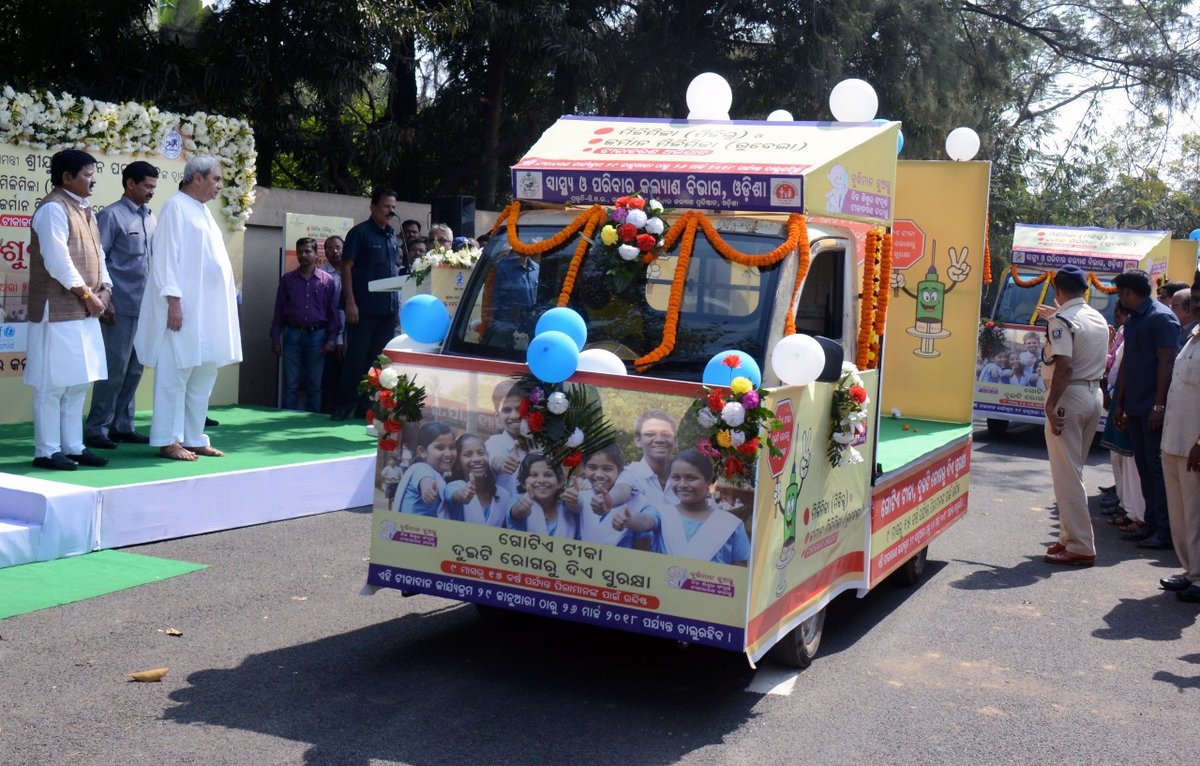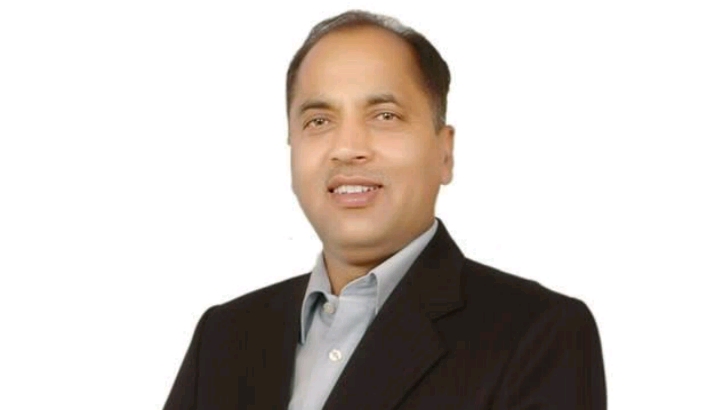
With the issues pertaining parentage arising due to conflict between the surrogate and genetic mothers, refusal of couples to accept the custody of children born with disabilities, need for registered surrogacy clinics, unethical practices defining the system, the Central Government in a strategic move cleared a draft law to make the surrogacy as a system much more transparent and legal. Skeptics have raised the issue of infringement of fundamental rights and intrusion of state over the mode of parenthood. eHEALTH Magazine brings forth the key changes enlisted in the draft law for a better understanding.

Surrogate mothers’ future depends on the proposed Surrogacy Bill 2016 is
In order to make surrogacy both legal and transparent in India, the cabinet cleared on 24th August 2016 draft law “ The Surrogacy Bill 2016 “ to protect the rights of both the surrogate and the child by implementing several checks in the overall system.

Overall, according to the policymakers and thought leaders, with the emergence of India as a surrogacy hub for foreigners, numerous unethical practices have mushroomed in the system. The entire surrogacy business is estimated to be at around $1 billion a year and has been growing on a constant basis and has been under severe criticisms due to wrong practices in name of altruistic surrogacy.
The Government of India has proposed that it will establish a National Surrogacy Board at the central level and chaired by the Health Minister. Secondly, State Surrogacy Boards and appropriate authorities at the state and union territories levels will be established. Any kind of commercial surrogacy will result in a jail term of at least 10 years and a fine of up to Rs 10 lakh.
The Bill is scheduled to be taken up in the Winter Session of the Parliament.

 Key Takeaways “ The Surrogacy Bill 2016
Key Takeaways “ The Surrogacy Bill 2016
- If passed, the new legislation will apply to all states, except Jammu and Kashmir
- Bans foreigners to seek an Indian surrogate mother, including the non-resident Indians (NRIs)
- Hetrosexual married Indian couples with proven infertility are allowed to try the surrogacy route
- Keeps out homosexual couples, live-in partners, single men and women, etc.
- Need to be married for at least 5 years for approaching a surrogate mother
- Cant pay more than the medical bills of the surrogate mother
- Ensure the person who agrees to be the surrogate mother is a close relative
- The husband must be 26 to 55 years of age and the wife between 23 to 50 years of age
- In case you have a child already, you cant approach a surrogate mother
- None can approach a surrogate mother the second time and surrogate mother cant do it again
Bone of Contention
- Against the principles of the Article 14 and Article 21 of the Constitution guarantying equality before the law and protection of life and personal liberty of all people.
- As per the Right to procreation and parenthood, right to reproductive autonomy under right to life, the state is not the agent to decide the modes of parenthood.
- Need to be debated before making it a law.
- Infertility groups have criticized the new changes as it could encourage illegal industry.
Be a part of Elets Collaborative Initiatives. Join Us for Upcoming Events and explore business opportunities. Like us on Facebook , connect with us on LinkedIn and follow us on Twitter , Instagram.











